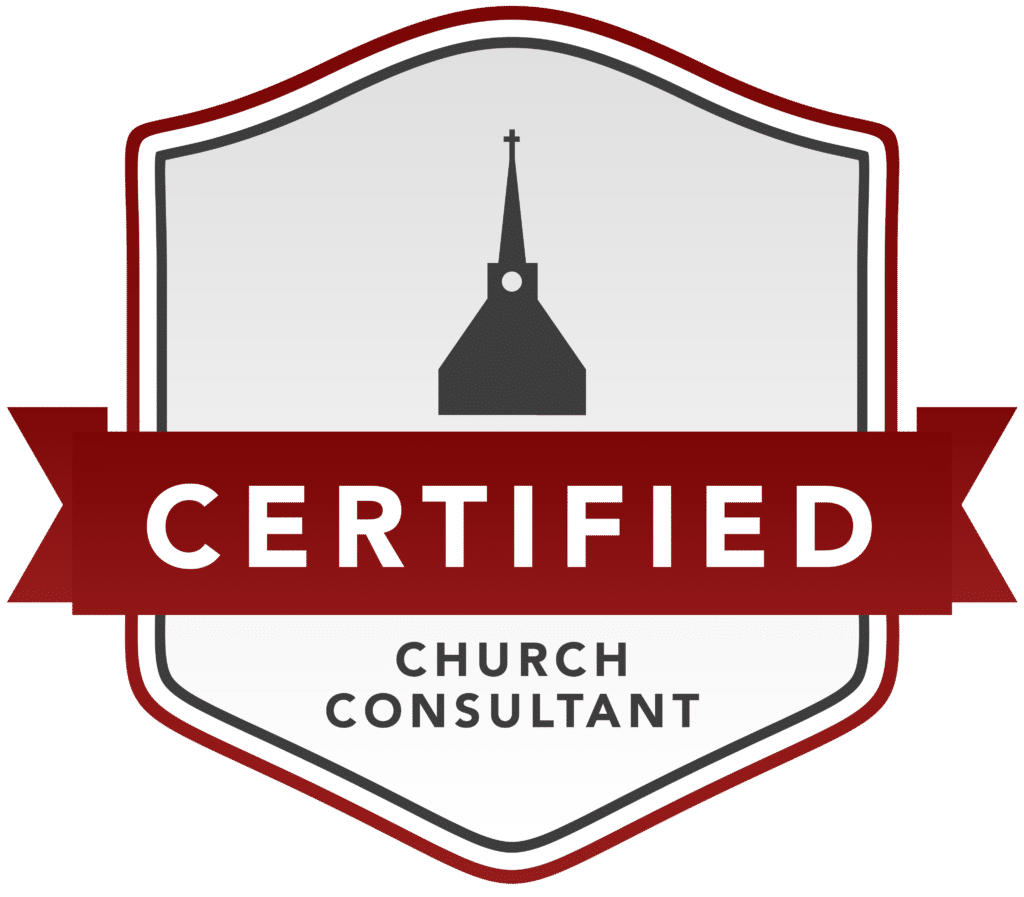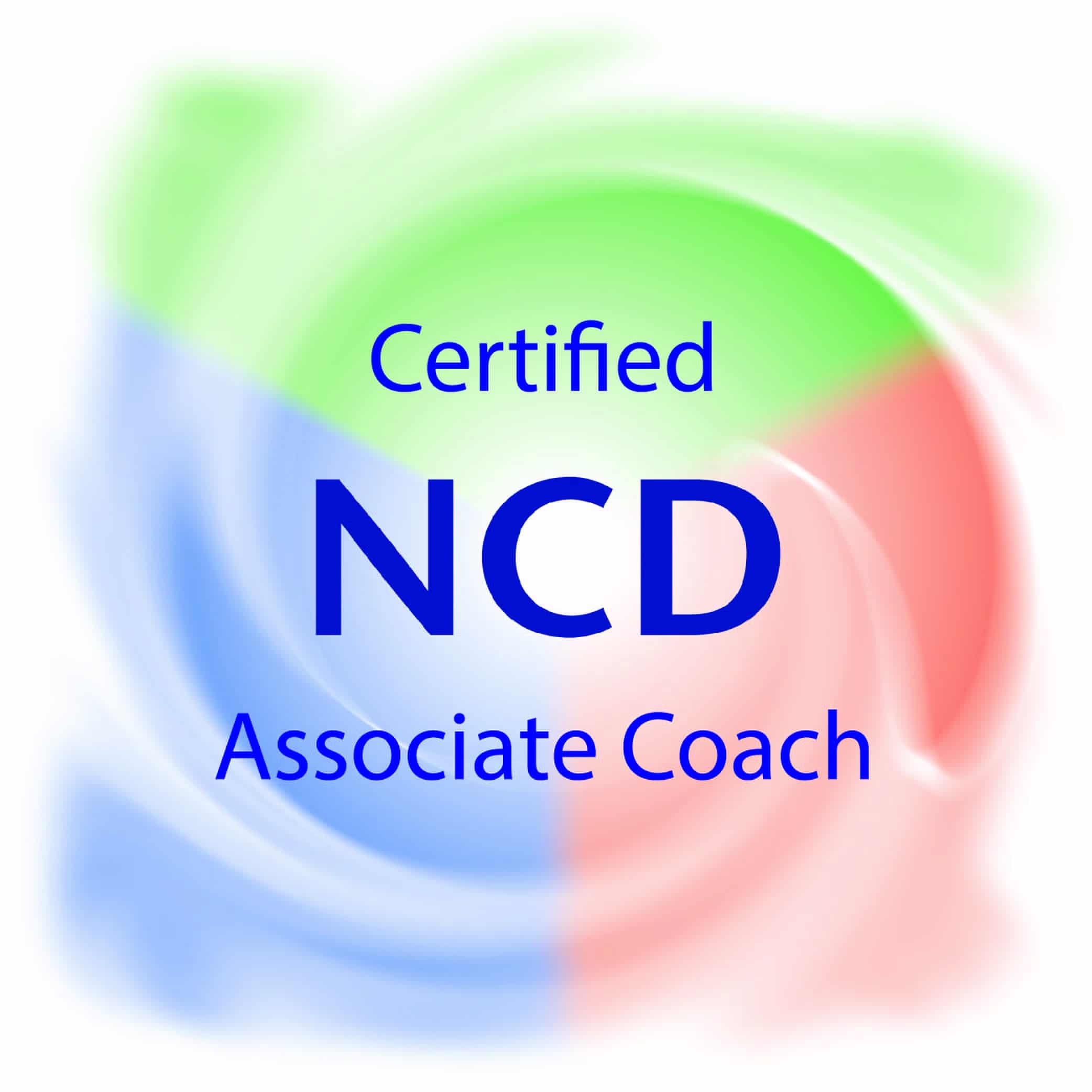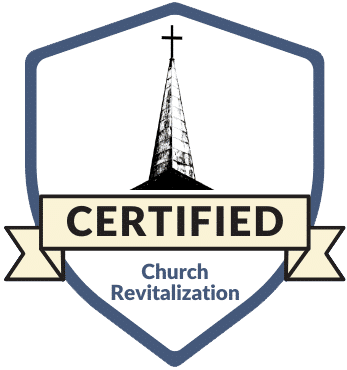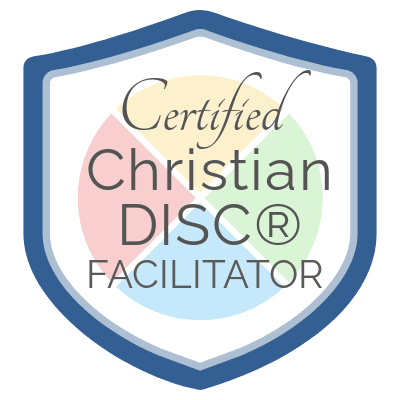Rediscover
Revitalize
Reignite
Through Virtual Church Consulting, we walk alongside churches with personalized online sessions, thoughtful strategy, and compassionate pastoral care—helping them renew their mission, recognize growth areas, and take meaningful steps toward revitalization.
Church in Decline? Plateaud?
Helping Churches Thrive
Utilizing a process we call “Virtual Church Consulting” we work with you through a series of steps to help pinpoint problems and offer solutions. This all online church consulting method is effective and affordable.
Internet Impact (Learn about your digital footprint)
Community Statistics (Learn about your community)
Effective Outreach Ideas (Learn how to reach your community)
Church Marketing (Help your community learn about your church)
Internet Impact
Your website is the “digital foyer” for the church. It is the first impression for almost everyone that visits your church.
Community Statistics
Demographic information is helpful in getting an overview of what is happening in your community.
Church Marketing
Church marketing is a tool to help people who are in need of what your church offers to be able to connect with you.
Effective Outreach Ideas
An outreach strategy is a specific set of tactics intended to ultimately attract new people to your church.
Meet Steve Lawes
Steve Lawes is a Certified Church Consultant. He has been the lead Pastor of Keys Vineyard Church in Big Pine Key since 1992. He has a Bachelors Degree in Bible and Theology from Berean University and Masters and PhD Degrees from Atlantic Coast Theological Seminary. He lead the Cuba Missions Team for Vineyard Missions from 1995-2005 and traveled to Cuba more than twenty times helping to plant churches and build up local leaders. He served as the South Florida Area Leader for the Association of Vineyard Churches for ten years. He also founded the Jesus Moment Bible Institute and Seminary in 2014 which has a student enrollment of over 2500. He has written three devotional books, Daily Psalt Intake, Daily Sage Intake and Daily Strength Training which are now out of print but are currently available as free e-books.
Free Ebook - Nine Point Church Consulting Strategy
Recent Posts from Church Consultant
The Power of Prayer: Moving from Worry to Faith
Prayer is a foundational element of the Christian life, yet many of us struggle to make it a priority. In the early church, prayer wasn’t just something they did occasionally—they were devoted to it. As we explore what it means to live in the “kingdom tension” between the now and not yet of God’s kingdom, prayer emerges as a critical practice that aligns us with God’s purposes.
What Was Prayer Like in the Early Church?
In Acts 2:42, we see that the early believers “devoted themselves to the apostles’ teaching and to fellowship, to the breaking of bread and to prayer.” This wasn’t casual or occasional prayer—it was a commitment that shaped their community. In fact, corporate prayer was the first activity recorded of the church after Jesus ascended. Acts 1:12-14 tells us that after Jesus’ ascension, the disciples “all joined together constantly in prayer” along with the women, Mary, and Jesus’ brothers. Later, when Peter and John were released after being arrested for healing a man, they immediately went back to their community and prayed together. Their response to persecution wasn’t fear or strategic planning—it was corporate prayer that acknowledged God’s sovereignty and asked for boldness.
Why Is Prayer So Difficult Sometimes?
Despite knowing the importance of prayer, many of us struggle to make it a priority. Jesus highlighted this tension when He found Peter sleeping in the Garden of Gethsemane, saying, “The spirit is willing, but the flesh is weak” (Matthew 26:41).
There are two main reasons prayer can be difficult:
Spiritual opposition: We have an enemy who doesn’t want us to pray. If the enemy can keep us from prayer and reading God’s Word, he can keep us trapped in fear and worry.
Our own tendency toward worry: We often spend significant mental energy worrying about things that may never happen, which steals time we could be spending in prayer.
How Can We Make Time for Prayer in Our Busy Lives?
The surprising truth is that we already have time for prayer—it’s just being consumed by worry. When we catch ourselves worrying, we can redirect that mental energy toward prayer instead. Philippians 4:6-7 gives us clear guidance: “Do not be anxious about anything, but in everything by prayer and petition, with thanksgiving, present your requests to God.”
A practical approach is to recognize when you’re worrying and intentionally shift to prayer. Even a simple prayer like “Help” can begin this transition. As C.S. Lewis said, “I pray because I can’t help myself. I pray because I’m helpless. I pray because the need flows out of me all the time, waking and sleeping. It doesn’t change God, it changes me.”
What Does a Prayer-Centered Church Look Like?
A church that values prayer incorporates it throughout every gathering. Prayer isn’t just a quick opening and closing formality—it’s woven throughout the entire service:
Opening prayers
Liturgical prayers
Communion prayers
Worship prayers
Prayers for children
Prayers for neighbors
Prayers before and after teaching
Closing blessings
Prayer ministry teams
This consistent emphasis on prayer demonstrates its value and importance in the life of the church.
How Does Prayer Change Our Mission as Christians?
Prayer isn’t about trying to get God to do what we want. It’s about aligning ourselves with Him and cooperating with His purposes. When we pray, we position ourselves to participate in what God is already doing.
A powerful example of this comes from a mission trip to Cuba in 1995. Rather than following a detailed agenda, the trip began with prayer—which led to divine appointments and supernatural connections that couldn’t have been planned. Through prayer, they were able to find a specific person on an island of 6 million people without knowing where he lived!
Prayer shifts us from operating in our own strength to cooperating with God’s Spirit. It moves us from worry and fear to faith and trust.
Life Application
This week, practice redirecting your worry into prayer. When you catch yourself worrying about something:
Recognize it as worry
Stop and say, “Help” to God
Turn that specific worry into a prayer
Thank God for His peace that transcends understanding
Ask yourself these questions:
How much time do I spend worrying each day?
What would happen if I redirected that mental energy toward prayer?
What specific worries can I start turning into prayers today?
How might my relationship with God change if I devoted myself to prayer like the early church did?
Remember, prayer doesn’t just change circumstances—it changes us. By shifting from worry to prayer, we position ourselves to experience God’s peace and align with His purposes for our lives and our community.
This series may be taken as a course offered by the Online Bible Institute. For more information check out the Keys Vineyard Ministries Courses page.
Steve Lawes is a Church Consultant and also provides coaching for pastors, churches, ministries and church planters.
Cultivating Life-Giving Relationships: The Secret Sauce
In our journey through life, relationships form the foundation of our experiences. Whether with family, friends, coworkers, or neighbors, the quality of our relationships significantly impacts our joy and well-being. But what’s the secret to building and maintaining healthy relationships, especially with those who are difficult to love?
What is the secret to healthy relationships?
The Apostle Paul, in his letter to the Philippians, reveals three powerful relational rhythms that can transform any relationship. These rhythms are easy to understand but require intentional practice to implement effectively.
Rhythm #1: Be Grateful for Them
“Every time I think of you, I give thanks to my God.” – Philippians 1:3
There’s a direct connection between gratitude and joy. The more grateful we are, the more joy we experience in our lives. When we cultivate an attitude of gratitude toward the people in our lives, our relationships flourish. Unfortunately, human nature tends to work against us in this area. The longer we know someone, the more we take them for granted. We begin focusing on the negative aspects rather than the positive ones. As humans, we naturally remember negative experiences more vividly than positive ones. This is why being intentional about gratitude is so crucial. When we stop appreciating people, we start depreciating them, and our relationships begin to deteriorate. Developing a habit of gratitude can revolutionize how we relate to others.
Rhythm #2: Pray for Them
“Whenever I pray, I make my request for all of you with joy.” – Philippians 1:4
Think about someone who irritates you. When was the last time you prayed for that person? Not a “God, fix them” prayer, but a genuine prayer for their wellbeing? The quickest way to improve a challenging relationship is to begin praying for the other person. While prayer may not always change them, it will certainly change you. Our attitudes, hearts, and spirits transform when we consistently pray for others. Paul gives us four specific things to pray for people in Philippians 1:9-11:
Pray that they will grow in love – “I pray that your love will overflow more and more”
Pray that they’ll make wise choices – “keep on growing in knowledge and understanding”
Pray that they will live with integrity – “live pure and blameless lives”
Pray that they’ll become more like Jesus – “filled with the fruit of your salvation, the righteous character produced in your life by Jesus Christ”
These four prayer points can be applied to anyone in your life – your spouse, children, friends, coworkers, leaders, and even yourself.
Rhythm #3: Believe in Them
“And I am certain that God, who began the good work within you, will continue his work until it is finally finished on the day when Christ Jesus returns.” – Philippians 1:6
Paul expresses confidence that God is still at work in the lives of the Philippians and will bring to completion what He started. This attitude of believing in others is transformative. Four simple words can revolutionize any relationship: “I believe in you.” These words are powerful regardless of age or circumstance. Parents, your children need to hear this repeatedly, even when they’re adults. You don’t have to agree with all their choices to believe in their potential and worth.
How does God view our relationships?
God models these relational rhythms perfectly. He is grateful for us, prays for us (Romans 8:26-27), and believes in us. Even when we feel unworthy or have drifted away from Him, God says, “I believe in you.” The good work that God has begun in you, He will bring to completion. This isn’t dependent on your performance but on His faithfulness. God believes in the potential He placed within you, and He’s committed to developing it fully.
Life Application
This week, challenge yourself to implement these three relational rhythms:
Practice gratitude daily: Identify one person each day and write down three things you appreciate about them. Consider sharing your gratitude directly with them.
Commit to prayer: Choose someone who is difficult to love and pray for them using Paul’s four prayer points. Do this consistently for one week and notice how your attitude toward them changes.
Express belief: Tell at least one person in your life, “I believe in you,” and be specific about what you see in them that gives you confidence.
Ask yourself:
Who in my life have I been taking for granted, and how can I express gratitude for them today?
Which challenging relationship might be transformed if I committed to praying for that person regularly?
Who needs to hear “I believe in you” from me this week?
How might my relationships change if I consistently practiced these three rhythms?
Remember, these relational rhythms aren’t just good advice—they reflect God’s heart toward us and provide a pathway to experience the joy and fulfillment that come from healthy, life-giving relationships.
This series may be taken as a course offered by the Online Bible Institute. For more information check out the Keys Vineyard Ministries Courses page.
Steve Lawes is a Church Consultant and also provides coaching for pastors, churches, ministries and church planters.
Living a Life of Worship in God’s Unshakable Kingdom
True worship extends far beyond Sunday services and singing songs – it’s about living our entire lives focused on God. Understanding worship in this broader context helps us maintain proper perspective and live effectively in the tension between God’s kingdom now and its future fulfillment.
What Does it Mean that Worship Anchors Us in an Unshakable Kingdom?
Even when the world around us feels chaotic and unstable, we belong to God’s unshakable kingdom. As Hebrews 12 reminds us, we have already come to the heavenly Jerusalem and joined the eternal worship of God. When life feels shaky, we need to press into worship to regain our center in God.
How Does Worship Welcome God’s Rule and Reign?
The Lord’s Prayer begins with worship – “Our Father in heaven, hallowed be your name.” This posture of worship establishes God’s presence and authority in our lives. From this place of nearness to God, we see healing, restoration and salvation flow.
What Role Does Kindness Play in Worship?
In an increasingly unkind world, showing kindness becomes an act of worship. Rather than responding to rudeness or offense with anger, we’re called to bless others as an expression of God’s presence. This takes intentional choice and spiritual maturity.
How Does Worship Shape Our Mission?
As a “royal priesthood,” we’re chosen to declare God’s praises in the world. Worship transforms us into living sacrifices and helps us see things from an eternal perspective. We carry God’s presence wherever we go through prayer, testimony, and acts of kindness.
What is Our Ultimate Hope in Worship?
Revelation 21 describes our future hope – God dwelling fully with His people, wiping away every tear, making all things new. Parts of this future reality break into our present through worship. This secure hope allows us to walk confidently with God now.
Life Application
This week, challenge yourself to view your entire life as an act of worship:
How can you offer your daily work as worship to God?
In what ways do you need to anchor yourself in God’s unshakable kingdom when life feels unstable?
Where can you show intentional kindness as an act of worship, especially in difficult situations?
What would it look like to live more fully as part of God’s royal priesthood in your specific context?
Remember: You are not just a consumer of worship but a proclaimer of God’s glory. Every decision, relationship and action can be an offering of worship to God.
This series may be taken as a course offered by the Online Bible Institute. For more information check out the Keys Vineyard Ministries Courses page.
Steve Lawes is a Church Consultant and also provides coaching for pastors, churches, ministries and church planters.
Testimonials
“Steve and his team at Keys Vineyard Church have built a church that has done an inspiring job reaching their community. Steve is a treasure trove of experience and has continued to prioritize learning and growth throughout his more than 30 years of ministry in a way few pastors have. You’ll get a lot out of connecting with him!”
“I watched first hand as Steve experienced the devastation of hurricane Irma in his town of Big Pine Key, Florida. The town was destroyed, the church building rendered unusable and the staff impacted personally. I watched a leader rise to the need of his community and minister in a situation that not very many could. He has a powerful voice of experience and wisdom earned the hard way.”
“Steve Lawes is a valuable coach/ mentor. I’ve watched Steve over the last thirty years build a substantial outward focused church with disciples who do what Jesus did. He has inspired leaders of churches with simple/tested ideas to develop leaders and grow churches.
“
“Steve Lawes is an outstanding coach. He is authentic, creative, and personable. He has more cutting edge ideas than any pastor I know in regard to evangelism and meeting the needs of people in his community.”
Interested in Becoming a Church Consultant?
We are pleased to be partnering with the Jesus Moment Bible Institute and Seminary to be able to offer Free Church Consulting Training. Even if you are not looking to become a certified church consultant, the free church consultant training will be beneficial for your personal ministry.
One of the greatest questions Jesus asked was “Do You Want to Get Well?”
I t would seem that the answer was obvious. But getting well for the man who had been not well for a very long time meant that he would have to do something different. It is not easy to change, but it always starts with a first step.
Take that first step now by sceduling your no obligation, free thirty (30) minute Zoom meeting with us today. You have nothing to lose and it may be your first step to a new and healthy way of doing and being the church.






